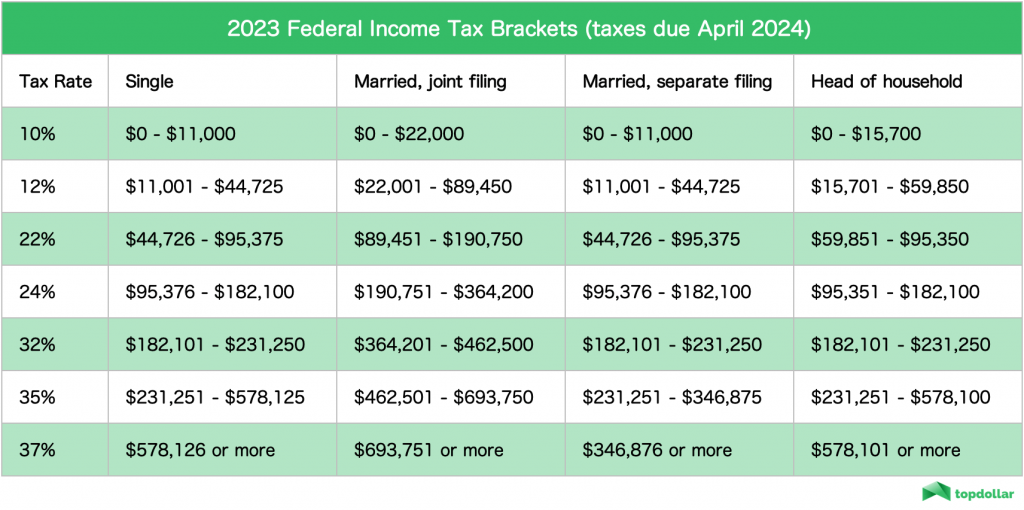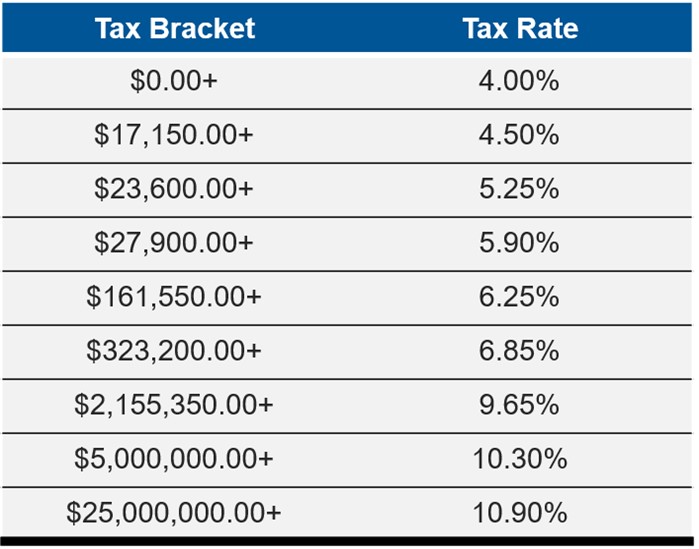When it comes to understanding taxes, knowing the New York State (NYS) income tax rate is crucial for both residents and businesses operating within the state. The NYS income tax system follows a progressive structure, meaning that the more you earn, the higher your tax rate may be. This system ensures that individuals and corporations contribute fairly based on their financial capacity. In this article, we’ll break down the key aspects of what is NYS income tax rate, how it works, and its implications for taxpayers. Whether you're filing your first tax return or seeking advanced knowledge, this guide is tailored to provide clarity and value.
For residents of New York, understanding the income tax rate is essential for effective financial planning. The state’s tax system is designed to adapt to economic changes, ensuring that revenue generation supports public services and infrastructure. This article dives deep into the intricacies of the NYS income tax rate, offering insights into how it affects different income brackets. By staying informed, you can make smarter financial decisions and avoid unnecessary penalties.
As we explore the topic of what is NYS income tax rate, we’ll cover everything from the latest tax brackets to potential deductions and credits available to taxpayers. This knowledge empowers individuals and businesses to optimize their tax strategies while complying with state regulations. Whether you’re a long-time resident or new to the state, understanding these rates is key to managing your finances effectively.
Read also:Dion Williams The Rising Star In The Entertainment Industry
What is NYS Income Tax Rate?
The New York State income tax rate refers to the percentage of income that residents are required to pay to the state government. This tax is a critical source of revenue for the state, funding essential services such as education, healthcare, and transportation. The tax rate varies depending on an individual’s income level, following a progressive structure that increases with higher earnings. For example, lower-income individuals pay a smaller percentage of their income compared to those in higher brackets.
How Does the NYS Income Tax Rate Affect You?
Understanding how the NYS income tax rate impacts your financial situation is vital for effective planning. The tax brackets are designed to ensure fairness, with rates increasing incrementally as income grows. For instance, if you earn $50,000 annually, you’ll fall into a specific bracket with a corresponding tax rate. However, if your income rises to $100,000, you’ll move into a higher bracket, resulting in a higher tax rate. This system ensures that everyone contributes proportionally to their ability.
What Are the Current NYS Income Tax Brackets?
As of the latest updates, the NYS income tax brackets are divided into several tiers. Each tier corresponds to a specific income range and tax rate. For example:
- Single filers earning up to $8,500 are taxed at 4%.
- Those earning between $8,501 and $11,700 are taxed at 4.5%.
- Higher earners in the range of $21,601 to $80,650 pay 5.9%.
- Individuals earning over $1,077,550 are taxed at the highest rate of 8.82%.
These brackets are subject to change annually, so it’s important to stay informed about any updates.
Why Is Understanding What Is NYS Income Tax Rate Important?
Knowing the NYS income tax rate is crucial for several reasons. First, it helps taxpayers plan their finances more effectively by estimating their tax liabilities. Second, it ensures compliance with state regulations, avoiding penalties and interest charges. Lastly, understanding the tax rate allows individuals to take advantage of available deductions and credits, reducing their overall tax burden. By staying informed, you can make the most of your financial resources.
What Should You Know About Filing NYS Income Taxes?
Filing your NYS income taxes requires attention to detail and an understanding of the process. You’ll need to gather important documents such as W-2 forms, 1099s, and any other relevant financial records. Once you have these documents, you can use either the New York State Department of Taxation and Finance website or a certified tax professional to file your return. Remember, the deadline for filing is typically April 15th, but extensions are available if needed.
Read also:Everything You Need To Know About Healthcare Services Group
What Happens If You Don’t Pay Your NYS Income Tax?
Failing to pay your NYS income tax can result in serious consequences. The state may impose penalties, interest charges, and even legal action in extreme cases. To avoid these issues, it’s essential to file your taxes on time and pay any outstanding amounts promptly. If you’re unable to pay the full amount, consider setting up a payment plan with the state to avoid further complications.
How Can You Reduce Your NYS Income Tax Liability?
There are several strategies you can use to reduce your NYS income tax liability. First, take advantage of available deductions, such as those for mortgage interest, charitable contributions, and student loan interest. Additionally, explore tax credits like the Earned Income Tax Credit (EITC) or Child Tax Credit, which can significantly lower your taxable income. Consulting with a tax professional can also help you identify opportunities to minimize your tax burden.
What Is NYS Income Tax Rate for Small Businesses?
Small businesses operating in New York State are subject to specific tax rates based on their income and structure. For instance, sole proprietors and partnerships report their business income on personal tax returns, while corporations pay a flat rate of 6.5%. Understanding these rates is essential for business owners to ensure compliance and maximize profitability. By staying informed, small businesses can optimize their tax strategies and focus on growth.
What Are the Key Factors Influencing What Is NYS Income Tax Rate?
Several factors influence the NYS income tax rate, including economic conditions, state budget requirements, and legislative changes. For example, during periods of economic growth, the state may adjust tax brackets to reflect increased revenue needs. Similarly, changes in federal tax laws can impact state-level regulations. Staying updated on these factors helps taxpayers anticipate potential changes and plan accordingly.
Conclusion: Why Understanding What Is NYS Income Tax Rate Matters
In conclusion, understanding what is NYS income tax rate is essential for anyone living or doing business in New York State. By familiarizing yourself with the tax brackets, filing process, and available deductions, you can make informed decisions about your finances. This knowledge not only ensures compliance but also empowers you to optimize your tax strategies and reduce your overall liability. Remember, staying informed is the key to successful financial planning.
Table of Contents
- What is NYS Income Tax Rate?
- How Does the NYS Income Tax Rate Affect You?
- What Are the Current NYS Income Tax Brackets?
- Why Is Understanding What Is NYS Income Tax Rate Important?
- What Should You Know About Filing NYS Income Taxes?
- What Happens If You Don’t Pay Your NYS Income Tax?
- How Can You Reduce Your NYS Income Tax Liability?
- What Is NYS Income Tax Rate for Small Businesses?
- What Are the Key Factors Influencing What Is NYS Income Tax Rate?
- Conclusion: Why Understanding What Is NYS Income Tax Rate Matters


